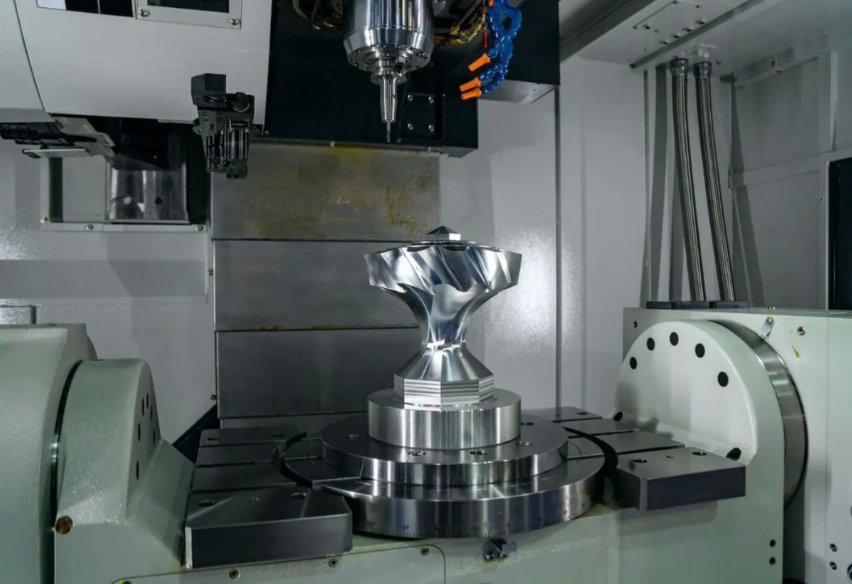
In manufacturing workshops around the globe,a silent war for talent is unfolding.The protagonists are not managers in suits,but a group of technical experts who hold programmers and are proficient in digital codes—CNC talents.As the manufacturing industry advances into high-precision fields,a striking question emerges:Can CNC engineers who master 5-axis machining technology really easily earn a high salary of tens of thousands of dollars a month,as rumored?
To understand this phenomenon,we need to start with the core of modern manufacturing—CNC machining.This technology has long transcended the realm of traditional mechanical processing and become the nerve center of digital factories.When a machine transforms a metal block into a precision aerospace part or a medical implant through a preset program,it is the CNC expertise at work.
In recent years,the development of CNC milling and CNC turning technologies has been particularly rapid.The widespread adoption of 5-axis machining centers has enabled manufacturers to complete the precision machining of complex surfaces in one go.This technological advancement has not only increased production efficiency but also redefined the standards of precision machining.In the automotive,medical device,and energy sectors,the demand for parts with micrometer-level precision continues to grow,driving the entire industry's desire for highly qualified CNC technicians.
So,what is the market situation for high-end CNC talents?Data shows that in industrialized countries,professionals who are proficient in multi-axis programming and operation do indeed enjoy significantly higher salaries than the industry average.But this reflects a fundamental change in the supply and demand relationship:as intelligent manufacturing becomes a global consensus,professionals who can master intelligent equipment naturally become highly sought after.
This phenomenon reflects the profound transformation of the contemporary industrial employment market.Factories,traditionally associated with assembly line work,are transforming into technology-intensive innovation centers.Today's manufacturing companies need not only operators but also technical experts who can optimize processes and solve complex problems.This is why composite talents who master both the theoretical knowledge and practical experience of CNC machining are highly favored.
For young people planning their career paths,the CNC field offers an exciting prospect.The professional skill ladder is clearly visible,from basic CNC lathe operation to complex 5-axis programming.It is worth noting that this industry values the ability to solve practical problems more than academic background—a technician who can independently adjust precision machining parameters is often more competitive than a graduate with only theoretical knowledge.
Looking to the future,as the Internet of Things and artificial intelligence technologies deeply integrate with traditional manufacturing,the skill set of CNC professionals is also constantly expanding.In addition to traditional programming and mechanical knowledge,understanding data analysis and predictive maintenance will become a new competitive advantage.This reminds us that continuous learning is the key to maintaining competitiveness in the workplace.
Returning to the original question:Can mastering 5-axis machining bring substantial returns?The answer is yes,but it is important to understand the logic behind it.High salaries are essentially the market pricing of scarce abilities and a reasonable reward for professionals who can help companies break through technological bottlenecks and create new value.In this sense,the monthly salary figure is more like a measure of an individual's technical contribution.
Whether you are a business manager thinking about team building or a technical person planning your career development,understanding this global talent competition is crucial.In the wave of intelligent manufacturing,what is truly precious is not the cold machines,but the human wisdom that can maximize the potential of advanced equipment.After all,it is always the perfect combination of knowledge and skills that drives the future factory forward.